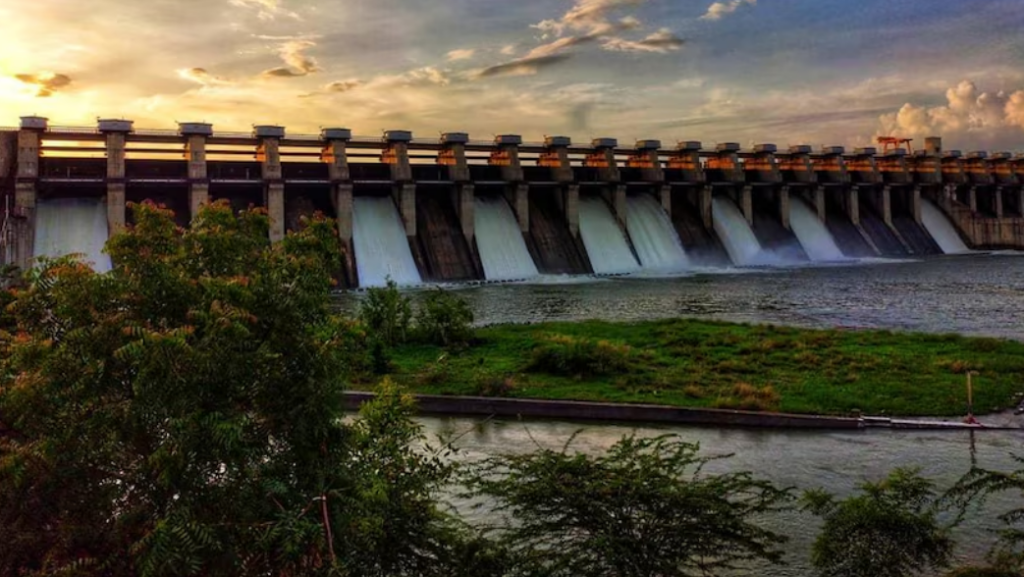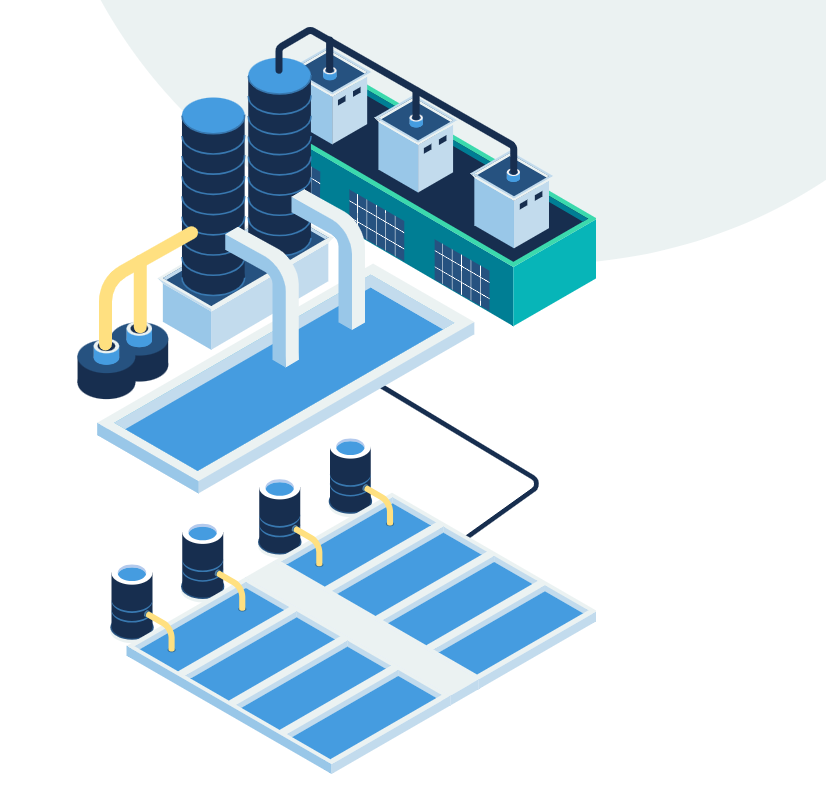
Introduction:
As India faces increasing challenges in water scarcity due to rapid urbanization and climate change, the future of water storage in the country is crucial for sustainable development. Emerging trends indicate a shift towards decentralized water storage solutions such as rainwater harvesting, groundwater recharge, and small-scale reservoirs to meet the growing demand for water. Predictions suggest that these innovative approaches will play a significant role in ensuring water security for both urban and rural populations in India. Governments, industries, and communities must work together to invest in and adopt these new water storage strategies to address the impending water crisis in the country.
Emerging Trends in Water Storage:
Smart Water Management:
The integration of IoT (Internet of Things) and AI (Artificial Intelligence) technologies is revolutionizing water storage. Smart sensors enable real-time monitoring of water levels, quality, and leak detection, optimizing water usage and minimizing wastage in urban and industrial settings.
Modular and Flexible Systems:
Traditional large-scale tanks are being complemented by modular systems that offer flexibility in installation and scalability. These systems cater to diverse needs across agriculture, urban water supply, and industrial applications, adapting to changing water demands effectively.
Innovative Materials and Design:
Advances in materials science have introduced sustainable options like recycled plastics and composite materials for constructing water storage infrastructure. These materials enhance durability, reduce maintenance costs, and improve resistance to corrosion and contamination.
Water Harvesting and Reuse:
With increasing water scarcity, there is a growing emphasis on rainwater harvesting and greywater reuse systems. Integrated storage solutions facilitate capturing rainwater for various uses, conserving water and reducing dependency on centralized supply systems.

Predictions for Future of Water Storage in India:
Expansion of Smart Technologies:
Smart sensors and data analytics will become ubiquitous in water storage infrastructure, enabling predictive maintenance, optimizing water usage patterns, and improving overall efficiency across industries and urban areas.
Adoption of Modular Systems:
Modular storage solutions will see widespread adoption, particularly in urban areas facing space constraints and variable water demands. These systems will facilitate rapid adaptation to changing environmental and demographic factors.
Focus on Sustainability:
There will be a strong focus on sustainable practices in water storage, including the use of eco-friendly materials and energy-efficient technologies. This shift aims to reduce environmental impact and enhance resilience against climate change.
Integration of Water Reuse:
Policies and incentives will promote the integration of rainwater harvesting and greywater reuse into mainstream water management strategies. This decentralized approach will contribute to water conservation and sustainable water use practices.
Conclusion:
The future of water storage in India hinges on embracing technological innovations, sustainable practices, and adaptive strategies. By leveraging smart technologies, modular systems, and promoting water reuse, India can enhance water security and sustainability. Anticipating and implementing these trends will be crucial for addressing the challenges posed by water scarcity and ensuring a resilient water future for all sectors of society. As stakeholders collaborate and innovate, India can lead the way towards effective and sustainable water storage solutions that meet future challenges head-on.


